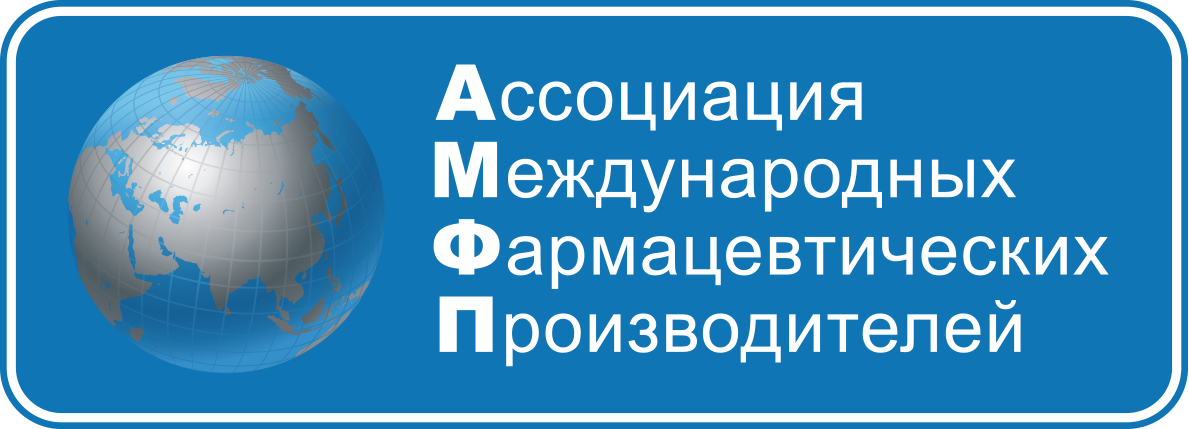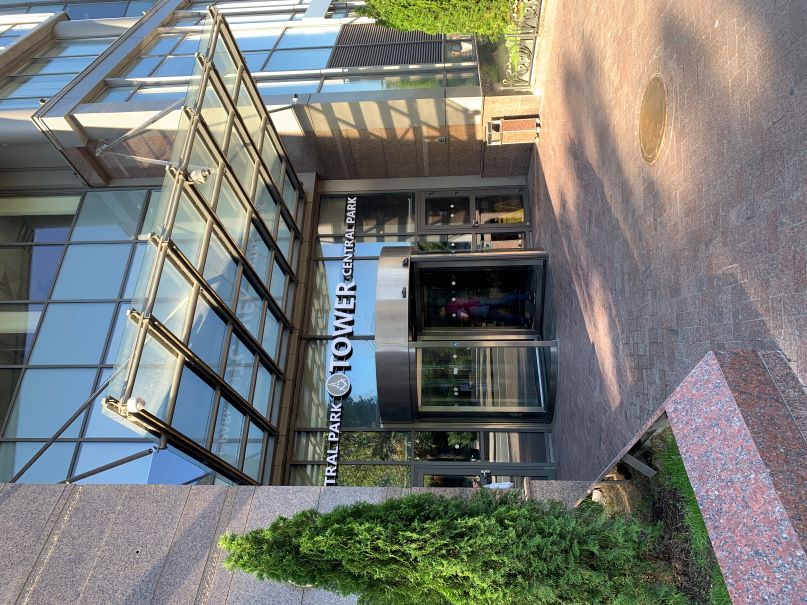THE COMMON MARKET OF MEDICINES WITHIN THE EURASIAN ECONOMIC UNION WAS PRESENTED IN THE EUROPEAN UNION
04.05.2018At the end of April, 2018 the EAEU common market, regulating the circulation of medicines in the Union, was officially presented in Brussels within the framework of the international conference “Regional pharmaceutical markets of the European Union and the Eurasian Economic Union – trends, challenges and best regulatory practices”.
The event was organized by the European Federation of Pharmaceutical Industries and Associations (EFPIA), the Association of International Pharmaceutical Manufacturers (AIPM) with the support of the Eurasian Economic Commission (EEC) and the Eurasian Communication Center (ECC).
Over the last few years, this format of meetings has become traditional for the EU and the EAEU regulatory authorities and expert organizations, as well as for representatives of the pharmaceutical industry. A discussion platform was created allowing in the form of the open and professional dialogue for sharing of experience and consideration of contemporary tendencies in regulation of medicines within the framework of regional integration, convergence of regulatory requirements towards manufacturing and quality control of medicines, pharmacovigilance, marketing authorization procedures, inspections and intellectual property protection, among many other questions.
The round table discussion was attended by the high-level representatives of the Eurasian Economic Commission, the European Directorate for the Quality of Medicines and Health of the Council of Europe (EDQM), regulatory authorities and expert organizations of the EAEU member - countries, the heads and experts of the leading international industry associations and pharmaceutical companies.
The Member of the Board (Minister) for Technical Regulation of the EAEU Valery Nikolaevich Koreshkov delivered a keynote speech, informing the participants of the start of actual functioning of the common market of medicines within the Union and described the principles of its regulation and main developments in 2018: “In the Eurasian Economic Union, we are striving to achieve the same freedom of circulation of quality medicines that meet the needs of healthcare and international trade, as in the EU. When developing the documents that ensure the functioning of the common market of medicines within the Union, we have studied and applied the best international practices, took into account the experience of leading experts, regulatory bodies and pharmaceutical industry. This allowed the creation in a short time of a large-scale supranational normative foundation”.
The Director of the Federal State Institution “State Institute of Drugs and Good Practices” Vladislav Shestakov noted: “I am confident that sharing experience, discussing best practices and quality standards with representatives of major international organizations such as EEC, EDQM and EFPIA will positively influence the development of GMP inspections in all participating countries. I sincerely thank the organizers for the invitation and the opportunity to speak at this conference”.
Speaking about the experience of the Republic of Kazakhstan within the framework of the large-scale transformation and harmonization of the regulation system of medicines and medical devices with best international practices and norms of the EAEU, Aigul Shoranova, General Director of the Scientific Center for Expertise of Medicines, Medical Devices and Medical Equipment of the Ministry of Health, Republic of Kazakhstan, noticed the importance of strengthening human resources with an emphasis on scientific and practical knowledge of GxP practices, clinical pharmacology and clinical trials as well as changes in managerial approaches to the registration of medicinal products: “Accelerating the modernization of technological processes for the examination with the transition to online interaction, digitalization of systems and the introduction of artificial intelligence is an important step towards improving the quality of expertise and access to medicines”.
During the event Vladimir Shipkov, Executive director of AIPM, emphasized that: “From the very beginning of the development of the regional pharmaceutical integration project, the industry regarded as an important task the assistance in realization of common market of medicines. The past round table demonstrated the impressive work done by the regulators and the industry of the five member states of the EAEU, de jure and de facto readiness for the start of functioning, confirmed by the first applications for marketing authorization of medicines and GMP inspections under the Union rules. At the same time, the conference outlined a range of questions that require further development of dialogue and interaction between the Eurasian Economic Commission, the regulatory authorities of the EAEU Member-States, their European counterparts and industry”.
In her turn, Nathalie Moll, Director-General of EFPIA noted that “I was very pleased to welcome representatives of the Eurasian Commission to Brussels and to continue the positive dialogue, building on the longstanding cooperation between the Eurasian Commission and the pharmaceutical industry in the creation of the common Eurasian medicines market. Through the experience-sharing of the EU and international best practices by EU regulators and industry experts, we have been able to support the formation of a Eurasian market which is 95% aligned with EU and international standards, which is quite a remarkable achievement. It was fascinating to listen to the practical achievements and work undertaken by the EAEU Member States for the alignment of the common medicines market to EU standards. We look forward to continuing the dialogue and experience-sharing with industry, regulators and EAEU authorities in the crucial implementation phase, to ensure effective supply of innovative medicines and patient access throughout the Eurasian Union.”
Summarizing Alexey Pilko, Eurasian Communications Center Director said: “The discussion held in Brussels contributes to the creation of an effective consultative and cooperation mechanism for businesses working both in European Union and Eurasian Economic Union. And it can work not only in the pharmaceutical industry, but also in other branches of economy. Parties that benefit from the improving of business climate in relationships between the EU and the EAEU are welcome to join it”.

